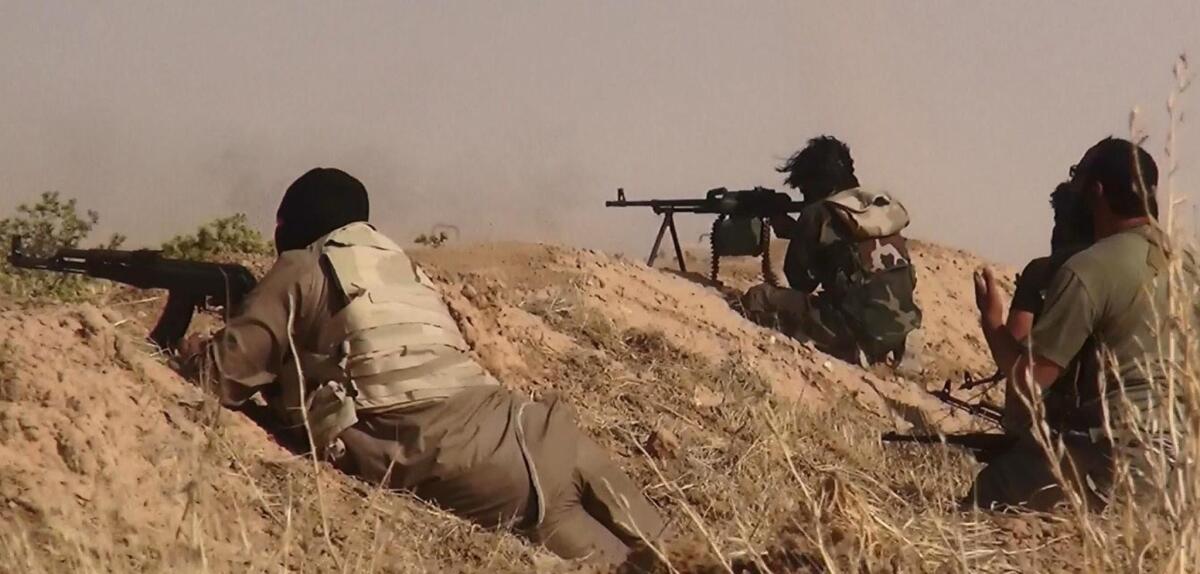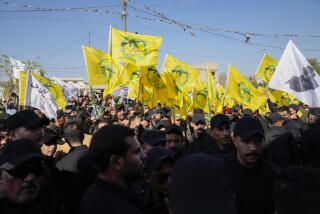On Tehran streets, U.S.-Iran cooperation weighed in practical terms

The prospect of U.S.-Iranian cooperation over the threat of Sunni extremists in Iraq has been sensitive in the corridors of power in the two countries, one that some officials have preferred not to discuss.
On the street in Tehran, however, Iranians are weighing it in practical terms.
Fariba Zibaie, 53, who was pushing her cart through a green grocers’ aisle in a downtown neighborhood on a recent day, said she would prefer not to have to support the government of Iraqi Prime Minister Nouri Maliki.
But the main consideration, she said, was that Iran should team up to do all that could be done to halt the advance of the militant Islamic State of Iraq and Syria, or ISIS, which many Iranians know as Daesh.
“I do not like Maliki, honestly,” she said. “But the savagery of Daesh is so appalling and disgusting that I wish that Iran and the United States do something.” The risk, she said, was “disaster” and the disintegration of Iraq.
Mair Mosavi, 30, a mechanical engineer who owns a downtown watch shop, said he’s convinced that Iran and the United States are probably already secretly collaborating in Iraq, as they did against the Taliban more than a decade ago. That collaboration, he noted, fell apart after President George W. Bush listed Iran as part of the “axis of evil” countries.
But now the main issue, he said, was the practical need to stop the militant advance, which has reached the outskirts of Baghdad.
“Daesh is as harmful for Iraq as for Iran,” he said. “There is no way but cooperate.”
Hojjat Kalashi, 34, a political scientist, said he believes most Iranians favor the two countries working together because the extremist group’s advance threatens the entire region.
If ISIS topples the Iraqi government, “the flames of disintegration will spill over to neighboring countries,” he said. The two countries “have overlapping interests in Iraq and should cooperate.”
But Hamid Reza Taraghi, head of the international department of the Islamic Coalition political party, opposed such collaboration and insisted the Iranian government would not take part.
“We think the USA is behind Daesh, along with Saudi Arabia,” he said. “So why should Iran cooperate? No way.”
Mostaghim is a special correspondent.
More to Read
Sign up for Essential California
The most important California stories and recommendations in your inbox every morning.
You may occasionally receive promotional content from the Los Angeles Times.










